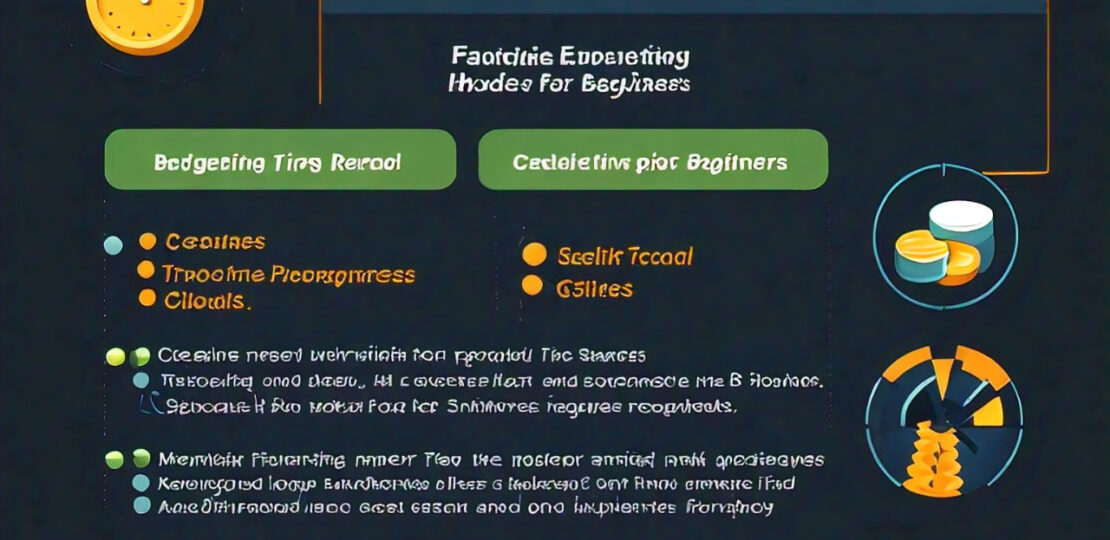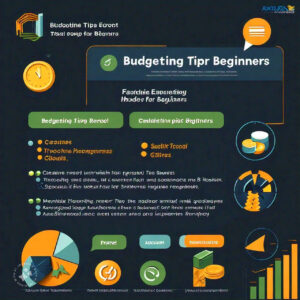
Starting a budget may seem overwhelming, but it’s one of the most crucial steps towards financial health. These budgeting tips for beginners will guide you through creating a manageable, effective budget that puts you in control of your finances. With just a few simple steps, you’ll be able to track your spending, save for future goals, and make your money work for you.
Understanding Your Financial Picture
Before diving into budgeting, it’s essential to know where you stand financially. Start by listing all sources of income and expenses. This will give you a clear understanding of your current financial habits and show you areas where adjustments can be made.
Track Your Monthly Income
Make a detailed list of all income sources, including salary, freelance income, and any other earnings. Knowing your total income is key to setting realistic limits in your budget.
Identify and Categorize Expenses
Identify every expense, from rent and utilities to groceries and entertainment. Categorizing expenses helps you see which areas consume the most income and where adjustments are possible.
Setting Clear Financial Goals
Setting financial goals is one of the essential budgeting tips for beginners. When you have a clear goal, such as saving for a vacation or building an emergency fund, it becomes easier to manage your finances. Make your goals specific, measurable, and achievable to stay motivated.
Tip:
Divide your goals into short-term and long-term to create a balance in your budget.
Choosing a Budgeting Method That Works for You
Various budgeting methods exist, so it’s essential to pick one that fits your lifestyle. Here are a few popular ones:
The 50/30/20 Rule
This simple rule allocates 50% of income for needs, 30% for wants, and 20% for savings and debt repayment. It’s straightforward and allows for flexibility in spending.
Envelope Method
With the envelope method, you allocate cash for specific categories. When the envelope is empty, it signals the need to stop spending in that category. This method is highly effective for limiting overspending.
Zero-Based Budgeting
In zero-based budgeting, every dollar is assigned a purpose, ensuring that income minus expenses equals zero. This is an excellent option for people who want complete control over their finances.
Staying Committed to Your Budget
Once you’ve set up your budget, the real challenge is sticking to it. Regularly reviewing and adjusting your budget can help you stay on track. Here are a few tips to keep yourself motivated:
- Review your budget monthly to ensure it reflects your current goals.
- Automate savings to ensure consistency.
- Reward yourself for meeting your goals to stay motivated.
Adjusting Your Budget as Needed
Life changes, and so should your budget. Adjust your budget when there’s a significant life change, such as a new job or major purchase. Being flexible is one of the essential budgeting tips for beginners to remember.
Bonus Tip:
Don’t be too hard on yourself! Budgeting takes time to master, so make small adjustments as you learn more about your financial habits.
Conclusion
Creating and sticking to a budget may seem challenging, but it’s essential for financial success. With these budgeting tips for beginners, you can develop a solid budget that meets your goals and lifestyle. Remember to be patient with yourself, make adjustments when needed, and celebrate each step toward financial freedom.
RELATED POSTS
View all


